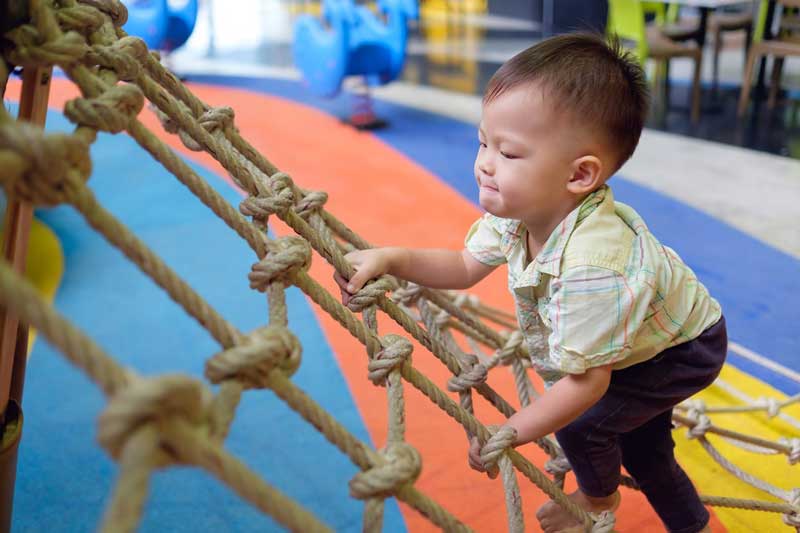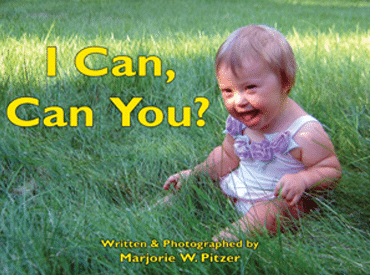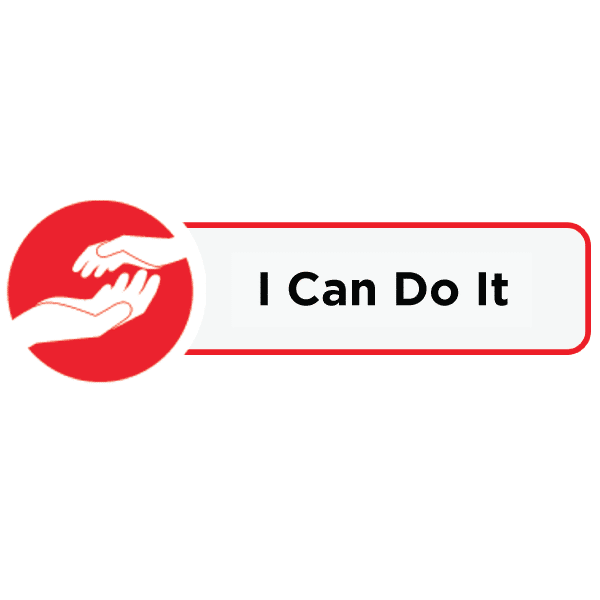Promoting Self-Confidence
With your support, toddlers develop self-confidence as they try new skills, persist, and succeed

What You Need to Know
Young children can do a lot when given the support and encouragement to try – and succeed! – on their own. Opportunities to successfully accomplish tasks, such as stacking cups, putting on a jacket, or cleaning up a spill, help young children develop confidence in their skills. This is important because self-confidence increases children’s engagement and motivation. It empowers them to try new things and persist during challenging moments. Teachers can support children’s self-confidence by giving them genuine responsibilities, supporting their attempts to try new things, and giving them the support and space to experience success.
What It Looks Like
A quick glance at how you can help toddlers develop their self-confidence
Encourage Independence
Build children’s self-confidence by inviting them to take on meaningful tasks independently. Notice how this teacher lets a child pour his own milk and get materials to clean up a spill.
Balance Support and Challenge
Providing the right amount of support, like this teacher does with her questions and suggestions, is a great way to foster children’s confidence and independence.
Provide Scaffolds and Hints
Instead of solving problems or doing things for children, provide hints and scaffolds that help them carry out tasks on their own as much as possible.
FOSTERING SELF-CONFIDENCE THROUGH BOOKS
I Can, Can You?
Written and photographed by Marjorie W. Pitzer, this book features children showing confidence and pride in their abilities.

Activity Cards for Toddler Classrooms
Part of the STREAMin³ curriculum, these activity cards provide simple and fun ways to promote a toddler's developing self-confidence
Get Our Resource Guide
Includes questions and activities to guide your use of the videos, book suggestions, and activity cards featured for each of our core social-emotional skills





